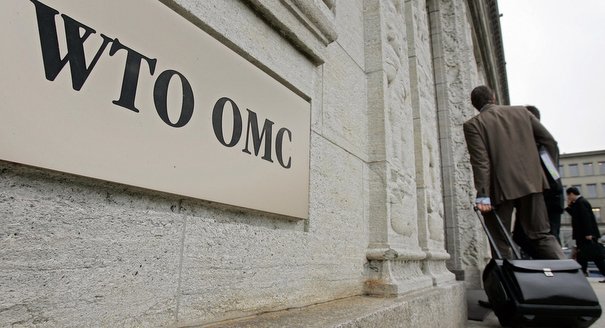Despite a limited increase in the incidence of protectionist measures during the recent financial and economic crisis, the effects on global trade appear small—the world, remarkably, did not resort to protectionism. In addition to the concerted stimulus measures, financial rescues, and the strengthening of lender-of-last-resort facilities that restricted the duration and depth of the economic downturn, the World Trade Organization’s disciplines, enforceable through its dispute settlement mechanism, no doubt played an important role in staving off trade protection.
But this is only one part of the story. The increased resistance to protectionism is the result of a complex, mutually reinforcing set of legal and structural changes in the world economy that have made a return to protection more costly and disruptive and have established new vested interests in open markets.
These changes include:
- National disciplines: Along with autonomous liberalization and a generally robust rule of law in the largest trading countries—which improve the confidence of importers and exporters—national trade tribunals help prevent protectionism by providing a mechanism whereby individual firms can contest protectionist measures that impact their company. Many national governments have also developed explicit or implicit mechanisms for countering protectionism and ensuring that trade policy reflects the general interest.
- Regional and bilateral agreements: In addition to codifying further tariff reductions, regional trade agreements—now covering over half of world trade—contain provisions establishing dispute settlement mechanisms that parties can use to contest violations of the agreement and thereby defend against protectionism. Furthermore, such agreements have often established regular high-level dialogues on trade disputes, treaty implementation, and further liberalization, providing a mechanism for resolving serious violations of the agreement even if its formal juridical mechanisms are not utilized.
- “Facts on the ground”: The political resistance to backsliding on liberalization is stronger because trade has become more prevalent and inextricably woven into production and consumption patterns. The change in the political economy of protectionism is manifested in the increased interest of retailers and consumers in imports, the internationalization of production, and the rise of intrafirm trade. Limiting trade in any one sector not only hurts those consumers, retailers, and firms that depend on imports for inputs, but also has repercussions for firms that operate both vertically (within a sector) and horizontally (across sectors) that depend on complex global production chains.
In addition to good macroeconomic and social policies that limit the impact of economic downturns, ensuring an open and predictable trade policy requires a more realistic approach to trade negotiation that embraces plurilateral, bilateral, and regional processes. This, in turn, will maintain the momentum of change, creating more “facts on the ground.” For the World Trade Organization to remain relevant, it must view itself as the facilitator of all these processes and not exclusively as a forum for the exchange of multilateral concessions. Domestic mechanisms that require trade protection proposals to be examined transparently by broad constituencies will further guarantee a predictable trading regime. In an interconnected world, increased attention to trade facilitation is also needed to lower trade costs and consolidate the vested interest in and support for trade. These steps together will help to foster a liberal trading environment and prevent a future recourse to protectionism.
